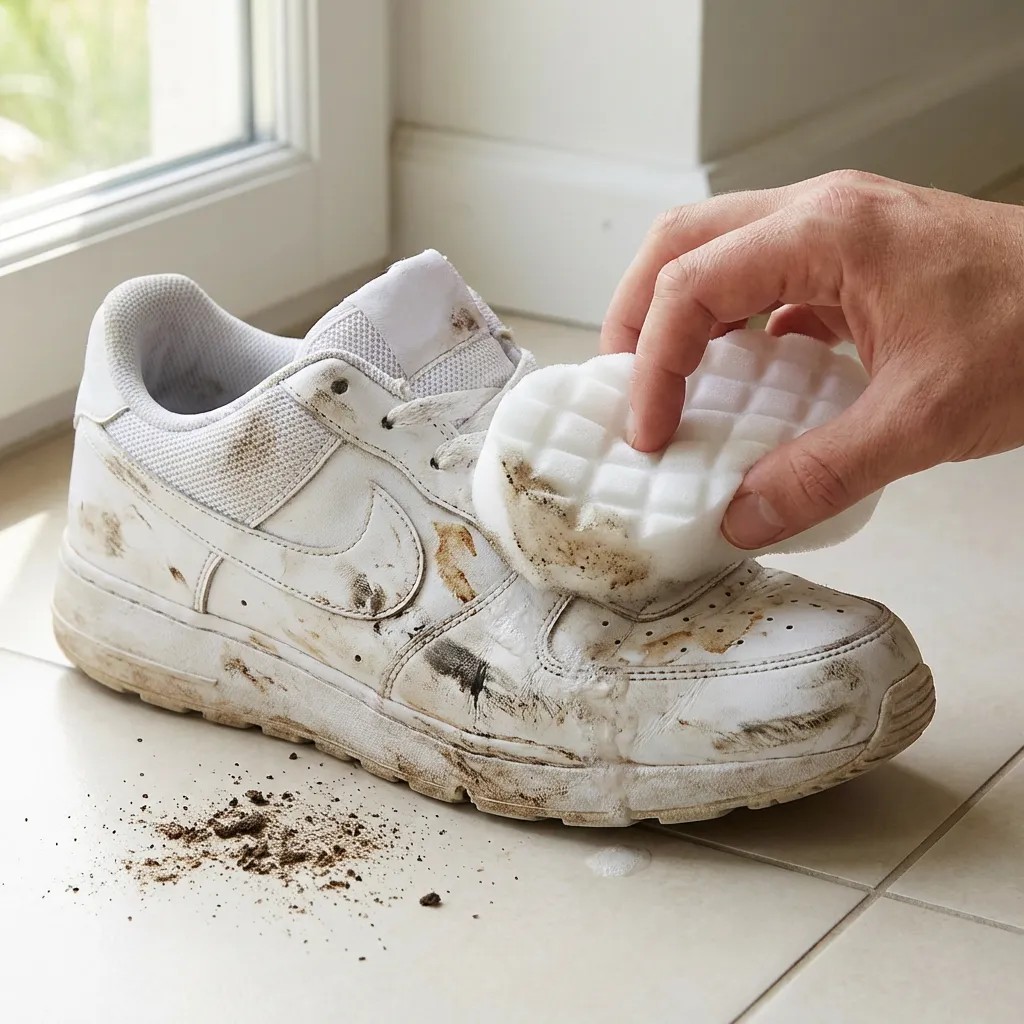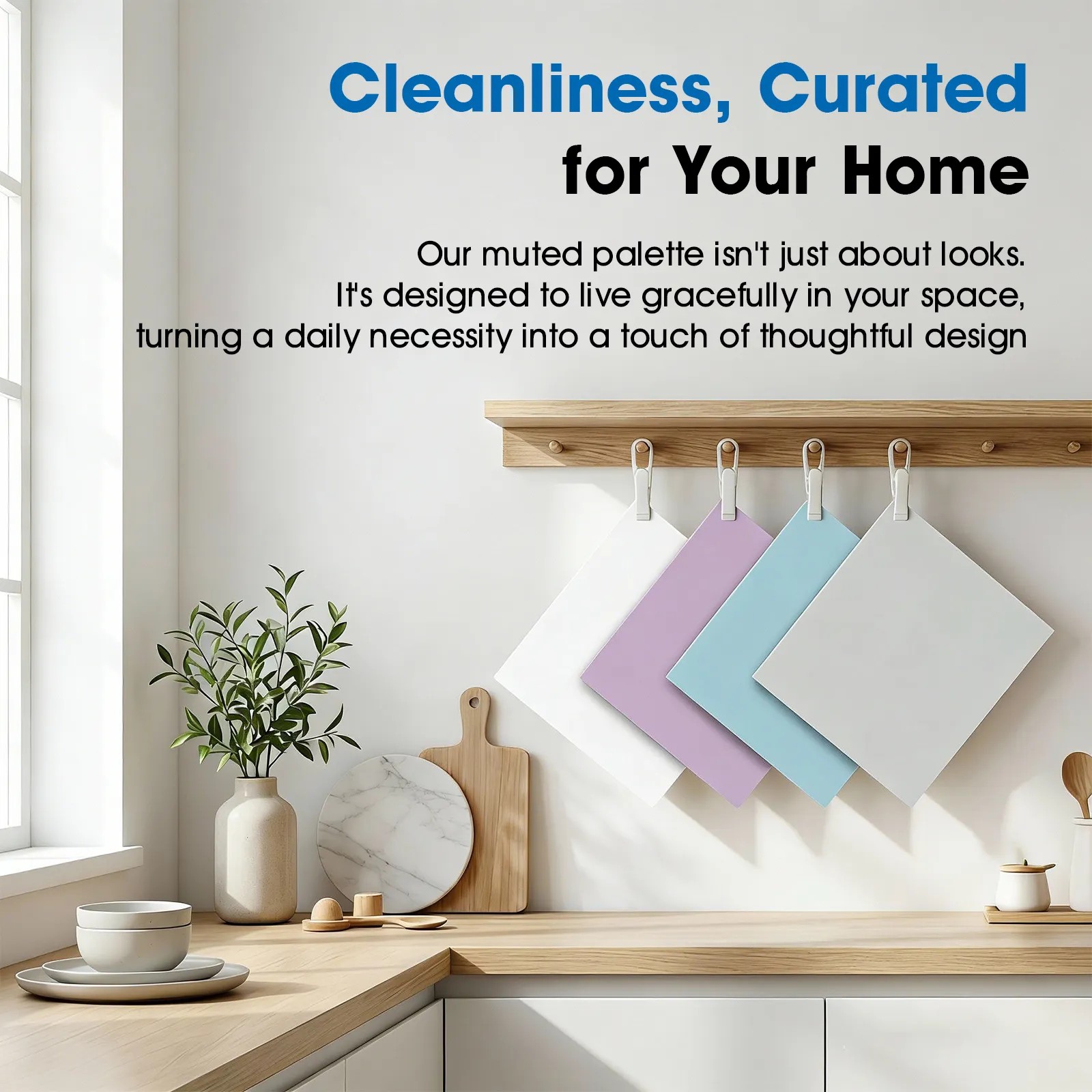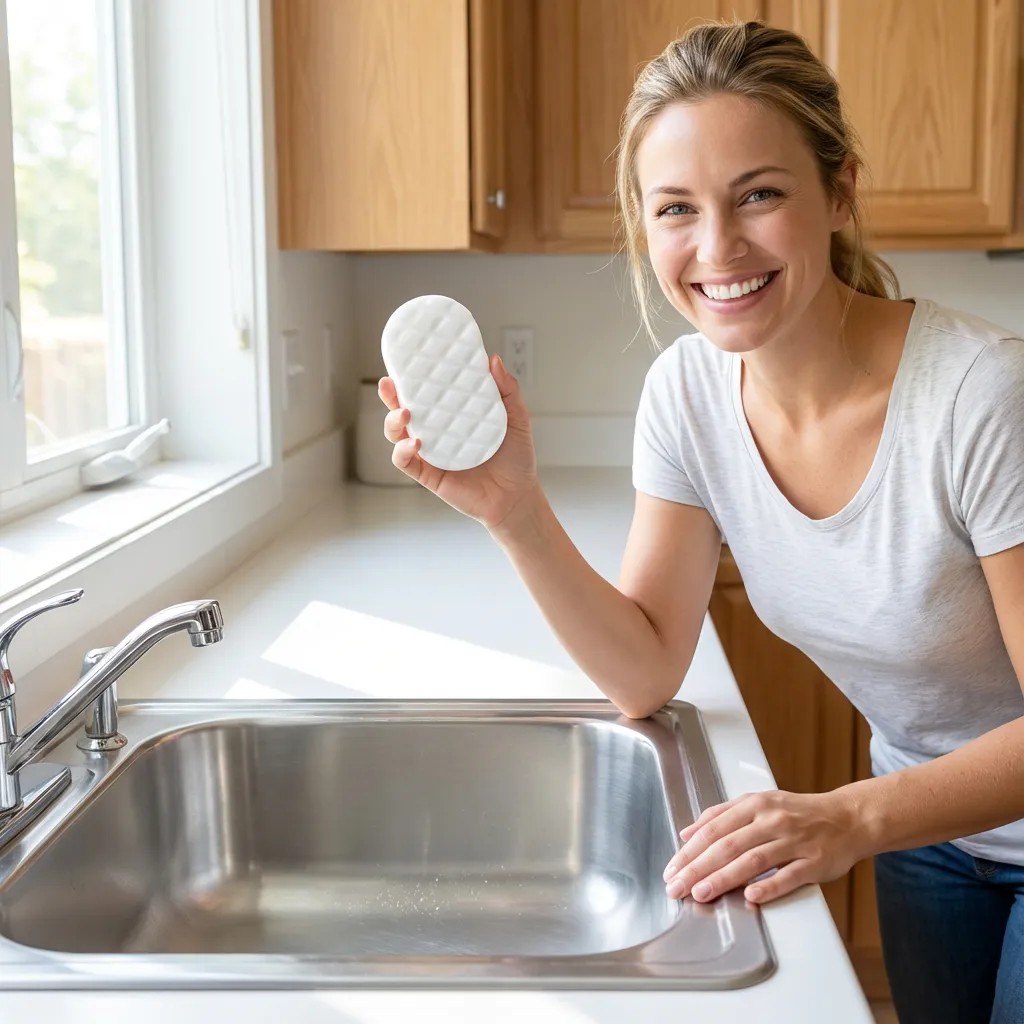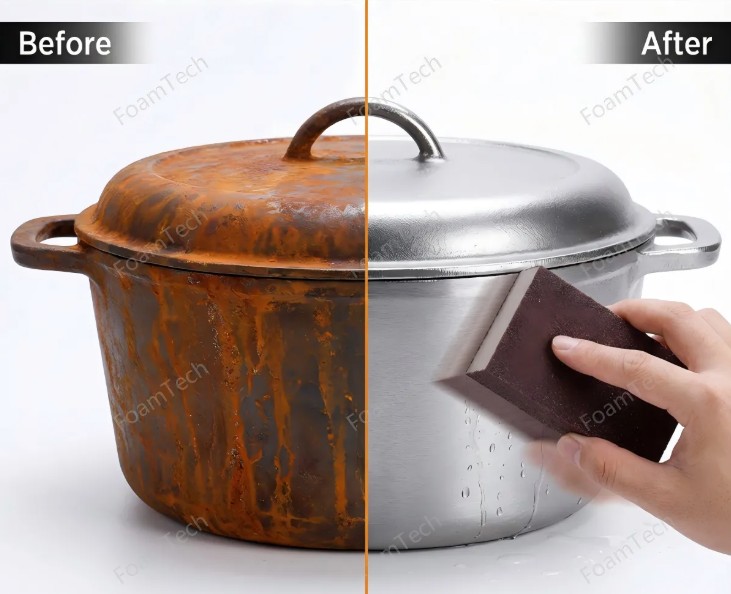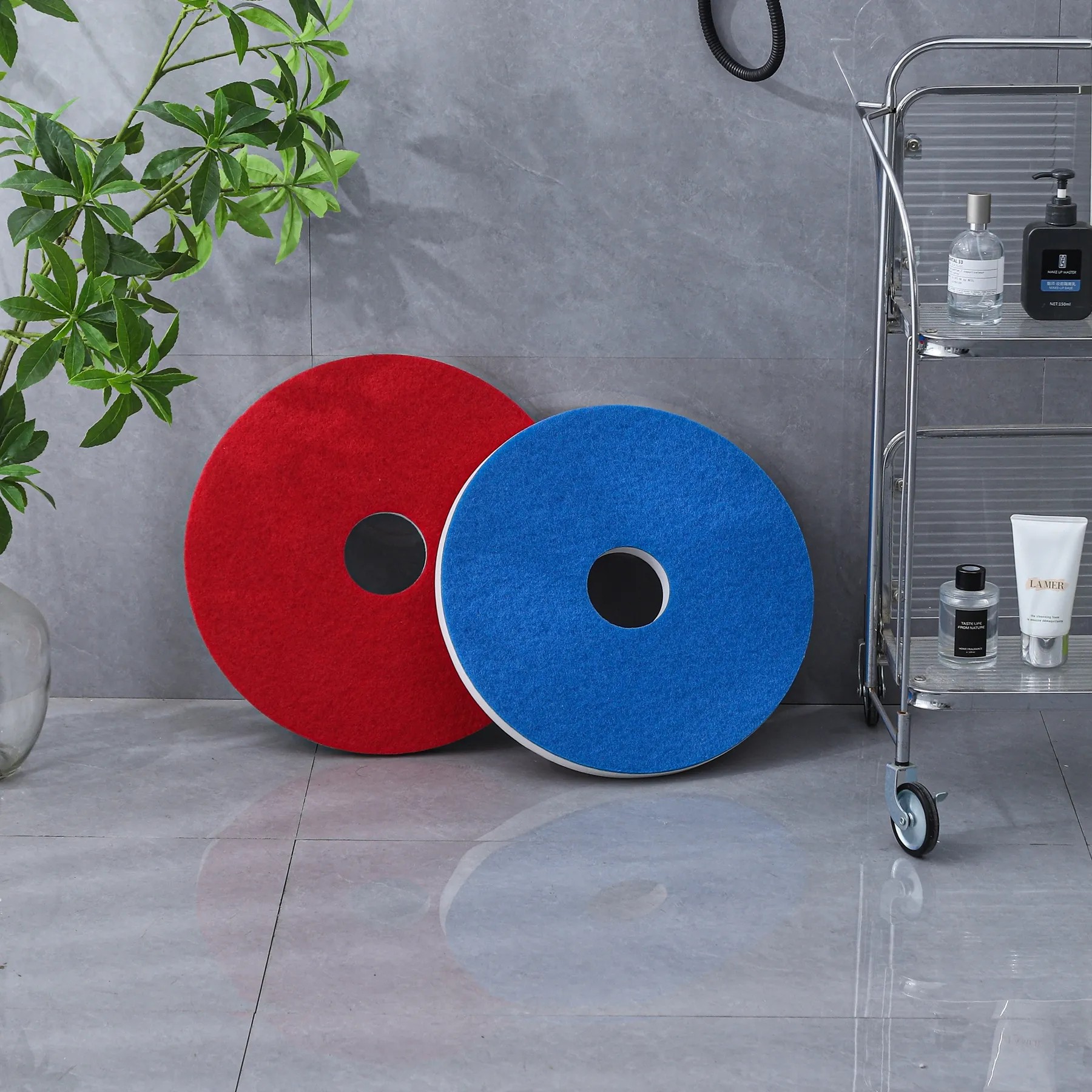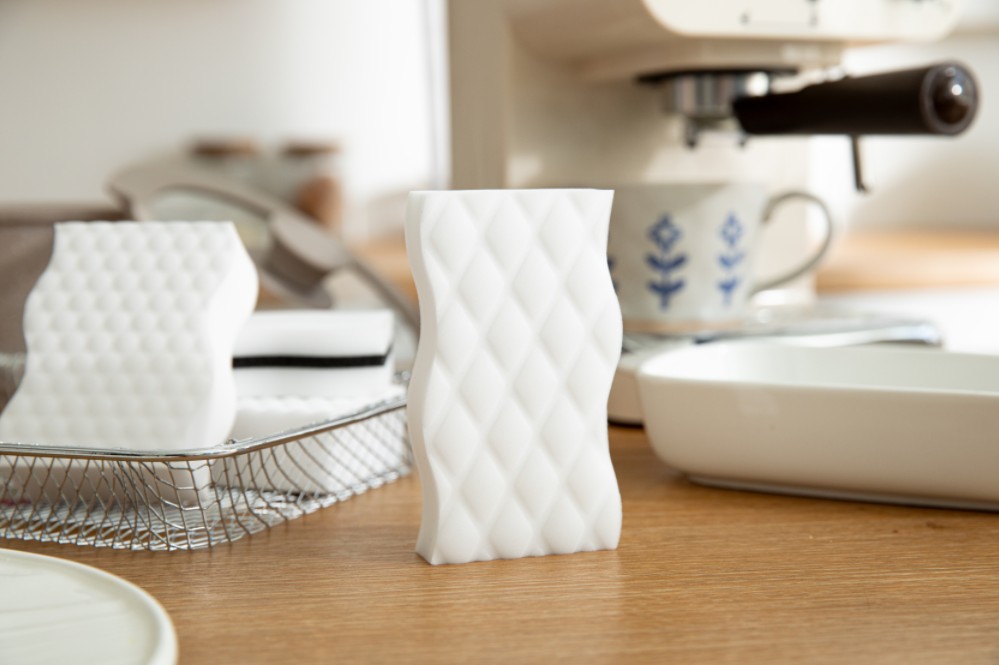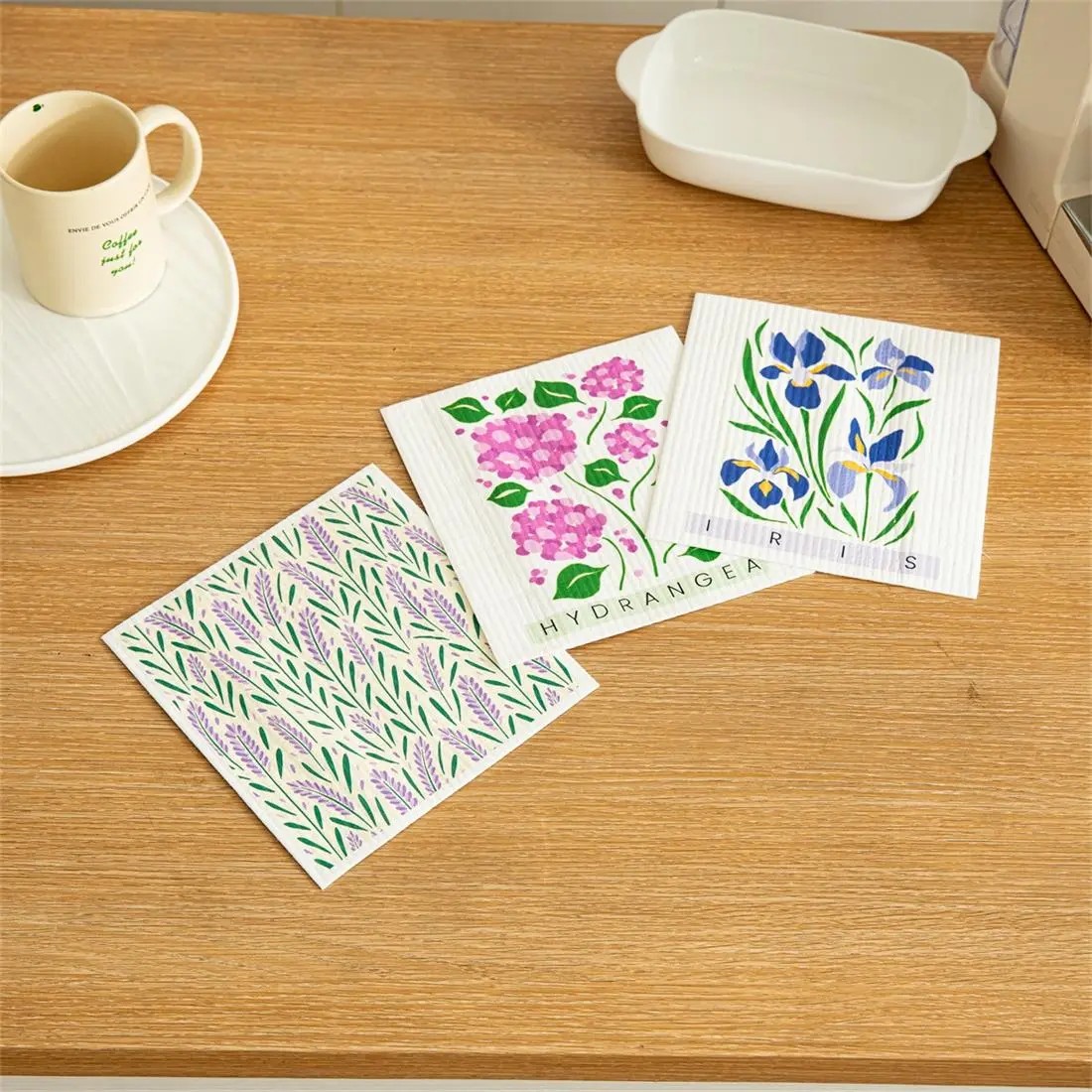Are Scrub Sponges the Best Choice for Kitchen Cleaning
2025-10-09
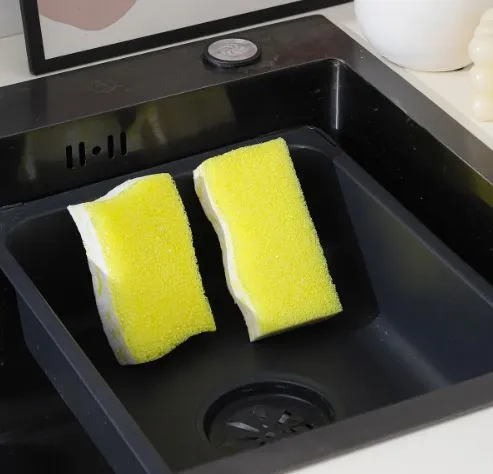
Keeping your kitchen clean is not just about health. It’s also about habit, comfort, and sometimes just making things look nice. Whether you're wiping off sauce from a pan or cleaning up crumbs on the counter, the tool you pick makes a big difference. Before jumping into the details, let’s talk about where some of the smartest sponge designs are coming from. FoamTech is a company based in China that’s been working with foam materials for over two decades. They’ve got two big factories covering 200,000 square meters and can produce up to 500,000 cubic meters of foam every year. That’s a lot of sponge. They’ve earned more than 100 patents, including 33 for inventions. Their work even meets aerospace standards like AS9100D.
What Makes Scrub Sponges Effective for Kitchen Cleaning?
When cleaning the kitchen, you want something that works well, doesn’t scratch, and lasts longer than just a few days. Scrub sponges can do all that, especially when they’re made with smart materials.
Temperature-Sensitive Foam Technology
Some sponges change how they feel depending on the water temperature. Cold water makes them firm, which is good for scrubbing tough spots. Warm water makes them soft, better for gentle cleaning. The Temperature-Sensitive Scrub Sponge uses foam with a density of 50 kg/m³ ±10. That means it’s strong but still flexible. You don’t need to switch tools—just change the water.
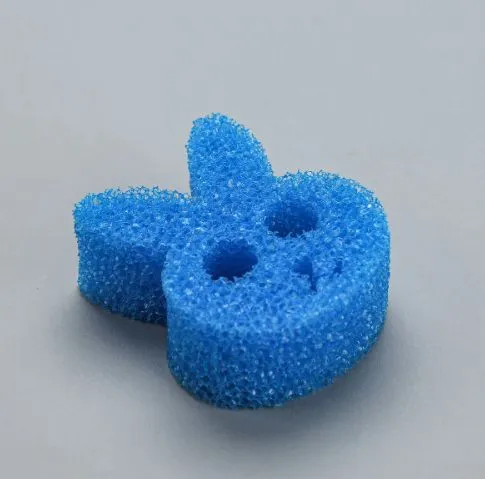
Dual-Layer Scrubbing Power
For harder jobs, the Dual-Layer Temperature-Sensitive Scrub Sponge adds a second layer made from recycled melamine. That part helps remove grease and sticky stuff without needing soap. It’s great for cleaning burnt food off pans or sticky messes on stovetops. You’ll notice it works faster than regular sponges.
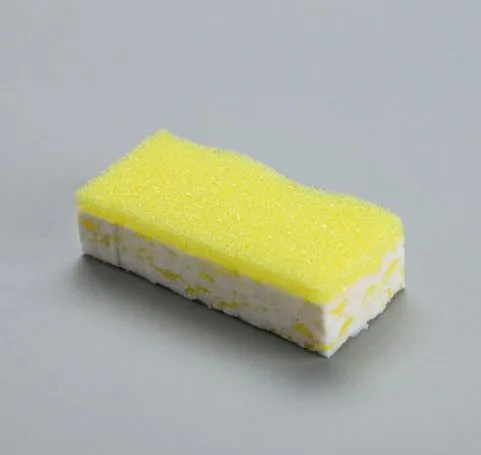
Versatility Across Kitchen Surfaces
These sponges aren’t just for dishes. You can use them on sinks, counters, tiles, and even glass. The foam is made to clean without scratching. That’s helpful if you’ve ever damaged a shiny surface with the wrong scrubber. One customer used it on their stainless steel fridge and said it looked brand new again.
How Do Scrub Sponges Compare to Other Cleaning Tools?
You’ve probably tried brushes, cloths, or steel wool. Each has its use, but scrub sponges offer a good mix of cleaning power and comfort.
Superior Cleaning Efficiency
Sponges bend and fit into corners. That means they clean better. Brushes can miss spots. Cloths often smear grease. Sponges scrub and soak up messes at the same time. One home cook said she cleaned her oven door in half the time using a dual-layer sponge.
Eco-Friendly Material Choices
Some sponges use recycled melamine foam. That helps reduce waste. The dual-layer sponge mentioned earlier is one example. It’s made with reused materials but still works well. That’s rare in cleaning tools. FoamTech also passed REACH and RoHS tests, meaning no harmful stuff inside.
Cost-Effectiveness Over Time
You might pay a bit more at first, but you’ll replace them less often. That saves money. For businesses, it matters. For homes, it’s just easier. A small hotel in Yiwu said they used to change sponges every week. Now they do it every three weeks.
Can Scrub Sponges Be Customized for Business Needs?
If you’re buying for a store, hotel, or cleaning company, you probably want your own look and packaging.
OEM and Private Label Services
You can add your logo, choose colors, and pick how it’s packed. FoamTech offers full support from design to delivery. Labels can include barcodes, QR codes, and safety info. They even help with marketing materials like videos and spec sheets.
Flexible Order Quantities
You don’t need to order thousands. Stock products start at 15 boxes. Custom items start at 1000 pieces. That’s good for small shops and also works for big chains. One distributor in Malaysia started with 20 boxes and now orders 500 every month.
Fast Turnaround and Global Delivery
Once the label is ready, products ship in five working days. That’s quick, especially for overseas buyers. FoamTech has shipped to over 30 countries, including Germany, Canada, and South Korea.
Why Choose FoamTech as Your Scrub Sponge Supplier?
Picking a supplier isn’t just about price. You want someone reliable, with good products and support.
Advanced Manufacturing Capabilities
FoamTech runs two big factories with German machines. That means steady quality and high output. You won’t run into delays during busy seasons. Their production lines can handle both small and large orders.
Strong R&D and Patent Portfolio
They’ve got over 100 patents. That shows they’re not just copying—they’re inventing. Their foam tech is used in cleaning, aerospace, and electronics. That’s not something you see every day.
Trusted Global Partnerships
They’re known as a “Little Giant” enterprise in China. That’s a national-level honor for companies with strong innovation. They work with clients around the world. If you want a long-term partner, this one’s worth checking out.
What Are the Best Use Cases for Scrub Sponges?
Not every sponge fits every job. These ones do more than most.
Household Kitchen Cleaning
Use them for dishes, sinks, stovetops, and even fridge shelves. They’re soft enough for glass but tough enough for baked-on messes. One mom said she cleaned her kid’s lunchbox without leaving any scratches.
Commercial and Industrial Applications
Restaurants, hotels, and food factories need tools that last. These sponges handle daily use without falling apart. That’s why they’re used in busy kitchens and cleaning crews.
Eco-Conscious Consumer Markets
If your customers care about the planet, recycled foam and long-lasting design help meet that need. It’s not just about cleaning—it’s about values. Some stores even label them as “green cleaning tools.”
Where Can You Learn More or Place an Order?
Whether you’re a buyer or just curious, it’s easy to start.
Official Website and Product Catalog
You can browse the full range at FoamTech’s homepage. There are photos, specs, and more.
Contact and Inquiry Channels
For samples, quotes, or questions, visit their contact page. They usually reply fast.
Sample Requests and Consultation
Want to test before buying? That’s possible. You can ask for samples or talk about custom designs based on your market. One buyer in Thailand said the sample helped them decide within two days.
FAQ
Q1: Can scrub sponges clean without detergent?
A: Yes. Especially the dual-layer ones with melamine foam. They scrub using friction, not chemicals.
Q2: Do these sponges scratch non-stick cookware?
A: No. They soften in warm water and are safe for delicate surfaces.
Q3: How long does a sponge usually last?
A: It depends on use, but many last for weeks. The foam is strong and doesn’t tear easily.
Keeping your kitchen clean is not just about health. It’s also about habit, comfort, and sometimes just making things look nice. Whether you're wiping off sauce from a pan or cleaning up crumbs on the counter, the tool you pick makes a big difference. Before jumping into the details, let’s talk about where some of the smartest sponge designs are coming from. FoamTech is a company based in China that’s been working with foam materials for over two decades. They’ve got two big factories covering 200,000 square meters and can produce up to 500,000 cubic meters of foam every year. That’s a lot of sponge. They’ve earned more than 100 patents, including 33 for inventions. Their work even meets aerospace standards like AS9100D.
What Makes Scrub Sponges Effective for Kitchen Cleaning?
When cleaning the kitchen, you want something that works well, doesn’t scratch, and lasts longer than just a few days. Scrub sponges can do all that, especially when they’re made with smart materials.
Temperature-Sensitive Foam Technology
Some sponges change how they feel depending on the water temperature. Cold water makes them firm, which is good for scrubbing tough spots. Warm water makes them soft, better for gentle cleaning. The Temperature-Sensitive Scrub Sponge uses foam with a density of 50 kg/m³ ±10. That means it’s strong but still flexible. You don’t need to switch tools—just change the water.

Dual-Layer Scrubbing Power
For harder jobs, the Dual-Layer Temperature-Sensitive Scrub Sponge adds a second layer made from recycled melamine. That part helps remove grease and sticky stuff without needing soap. It’s great for cleaning burnt food off pans or sticky messes on stovetops. You’ll notice it works faster than regular sponges.

Versatility Across Kitchen Surfaces
These sponges aren’t just for dishes. You can use them on sinks, counters, tiles, and even glass. The foam is made to clean without scratching. That’s helpful if you’ve ever damaged a shiny surface with the wrong scrubber. One customer used it on their stainless steel fridge and said it looked brand new again.
How Do Scrub Sponges Compare to Other Cleaning Tools?
You’ve probably tried brushes, cloths, or steel wool. Each has its use, but scrub sponges offer a good mix of cleaning power and comfort.
Superior Cleaning Efficiency
Sponges bend and fit into corners. That means they clean better. Brushes can miss spots. Cloths often smear grease. Sponges scrub and soak up messes at the same time. One home cook said she cleaned her oven door in half the time using a dual-layer sponge.
Eco-Friendly Material Choices
Some sponges use recycled melamine foam. That helps reduce waste. The dual-layer sponge mentioned earlier is one example. It’s made with reused materials but still works well. That’s rare in cleaning tools. FoamTech also passed REACH and RoHS tests, meaning no harmful stuff inside.
Cost-Effectiveness Over Time
You might pay a bit more at first, but you’ll replace them less often. That saves money. For businesses, it matters. For homes, it’s just easier. A small hotel in Yiwu said they used to change sponges every week. Now they do it every three weeks.
Can Scrub Sponges Be Customized for Business Needs?
If you’re buying for a store, hotel, or cleaning company, you probably want your own look and packaging.
OEM and Private Label Services
You can add your logo, choose colors, and pick how it’s packed. FoamTech offers full support from design to delivery. Labels can include barcodes, QR codes, and safety info. They even help with marketing materials like videos and spec sheets.
Flexible Order Quantities
You don’t need to order thousands. Stock products start at 15 boxes. Custom items start at 1000 pieces. That’s good for small shops and also works for big chains. One distributor in Malaysia started with 20 boxes and now orders 500 every month.
Fast Turnaround and Global Delivery
Once the label is ready, products ship in five working days. That’s quick, especially for overseas buyers. FoamTech has shipped to over 30 countries, including Germany, Canada, and South Korea.
Why Choose FoamTech as Your Scrub Sponge Supplier?
Picking a supplier isn’t just about price. You want someone reliable, with good products and support.
Advanced Manufacturing Capabilities
FoamTech runs two big factories with German machines. That means steady quality and high output. You won’t run into delays during busy seasons. Their production lines can handle both small and large orders.
Strong R&D and Patent Portfolio
They’ve got over 100 patents. That shows they’re not just copying—they’re inventing. Their foam tech is used in cleaning, aerospace, and electronics. That’s not something you see every day.
Trusted Global Partnerships
They’re known as a “Little Giant” enterprise in China. That’s a national-level honor for companies with strong innovation. They work with clients around the world. If you want a long-term partner, this one’s worth checking out.
What Are the Best Use Cases for Scrub Sponges?
Not every sponge fits every job. These ones do more than most.
Household Kitchen Cleaning
Use them for dishes, sinks, stovetops, and even fridge shelves. They’re soft enough for glass but tough enough for baked-on messes. One mom said she cleaned her kid’s lunchbox without leaving any scratches.
Commercial and Industrial Applications
Restaurants, hotels, and food factories need tools that last. These sponges handle daily use without falling apart. That’s why they’re used in busy kitchens and cleaning crews.
Eco-Conscious Consumer Markets
If your customers care about the planet, recycled foam and long-lasting design help meet that need. It’s not just about cleaning—it’s about values. Some stores even label them as “green cleaning tools.”
Where Can You Learn More or Place an Order?
Whether you’re a buyer or just curious, it’s easy to start.
Official Website and Product Catalog
You can browse the full range at FoamTech’s homepage. There are photos, specs, and more.
Contact and Inquiry Channels
For samples, quotes, or questions, visit their contact page. They usually reply fast.
Sample Requests and Consultation
Want to test before buying? That’s possible. You can ask for samples or talk about custom designs based on your market. One buyer in Thailand said the sample helped them decide within two days.
FAQ
Q1: Can scrub sponges clean without detergent?
A: Yes. Especially the dual-layer ones with melamine foam. They scrub using friction, not chemicals.
Q2: Do these sponges scratch non-stick cookware?
A: No. They soften in warm water and are safe for delicate surfaces.
Q3: How long does a sponge usually last?
A: It depends on use, but many last for weeks. The foam is strong and doesn’t tear easily.
